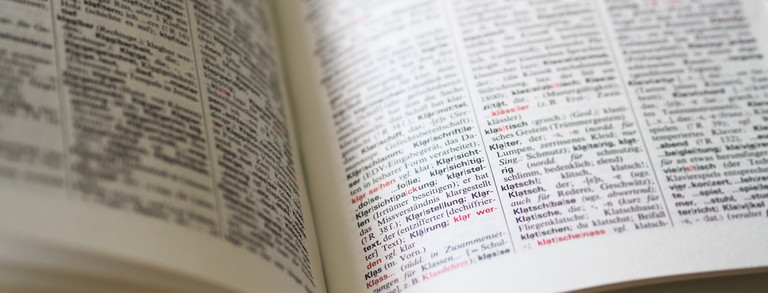FLINTA* (abbr.)
The acronym FLINTA* stands for women/female, lesbians, ⇒ inter, ⇒ non-binary, ⇒ trans* and ⇒ agender people. The asterisk at the end is intended to include additional variations of gender (Sauer 2018).
The diverse identities encompassed by the acronym FLINTA* are united by their disadvantage and structural discrimination in the patriarchal system (Ehbauer 2022). However, FLINTA* are not a homogeneous group, but different identities that have different life realities and are affected by different forms of discrimination. While ⇒ cis women face discrimination through ⇒ misogyny, for example, trans* women are additionally affected by transphobia or transmisogyny. Trans*, non-binary and agender people are also exposed to cis-sexist discrimination. Lesbians, on the other hand, are affected by heterosexism and homophobia. At the same time, for example, trans* people can be non-binary and an inter* woman can also be lesbian.
In the context of events, spaces and groups, the addition ‘only for FLINTA*’ or ‘FLINTA* only’ is used to indicate the intended participants in the event or space (Ehbauer 2022). This can be traced back to the tradition of ‘women's spaces’, which were intended to serve as safe spaces and places of self-empowerment for women (Fluff 2021). The demands of inter*, non-binary, trans* and agender people for more inclusive spaces have made these spaces more intersectional and also accessible to INTA* people (Fluff 2021). Creating spaces and events for FLINTA* means recognising and dismantling different experiences of discrimination and power structures. However, FLINTA* spaces are not automatically free from discrimination such as heteronormativity, homophobia, trans hostility, sexism or even racism, anti-Semitism and hostility towards disabled people.
It is important not to use the FLINTA* acronym in a shortened form, for example as a synonym for "female-read people" or "people with female socialization" (Fluff 2021). When organizing an event and planning the invitation policy, it can therefore be helpful to ask yourself a few questions:
- What kind of event am I planning, what content will be covered?
- Who is the target group of my event, for whom is the content relevant?
- How can I organize the event to include as many perspectives and experiences as possible and create a discrimination-sensitive space for FLINTA*?
For INTA* people and people with a male gender performance in particular, it often remains unclear if they are welcome in ‘FLINTA* spaces’ or if they might have to fear being forced to come out when entering, for example. However, a person's gender identity cannot be determined by their appearance. An inter* man who was assigned the male at birth and identifies with this gender is just as much a part of the FLINTA* group as cisgender women are.
Last updated: April 2025
Sources (in German)
-
Ehbauer, Jasmin (2022): Das Queer-Lexikon. Was bedeutet FLINTA*? In: Tagesspiegel. Last accessed 25.04.2025.
-
Fluff (2021): FLINTA* - Potential und Grenzen. Minzgespinst. Last accessed 25.04.2025.
-
Sauer, Arn (2018): FLTI*. LSBTIQ-Lexikon. Grundständig überarbeitete Lizenzausgabe des Glossars des Netzwerkes Trans*Inter*Sektionalität. Bundeszentrale für politische Bildung, Bonn. Last accessed 25.04.2025.
The glossary is meant to evolve through mutual exchange with readers.
We regularly put the definition of a term up for discussion under #klargestellt. Do you have questions or suggestions? Join the discussion and contribute to a better understanding of the terms! We welcome your feedback to: shk.gleichstellung@verwaltung.tu-dortmund.de






